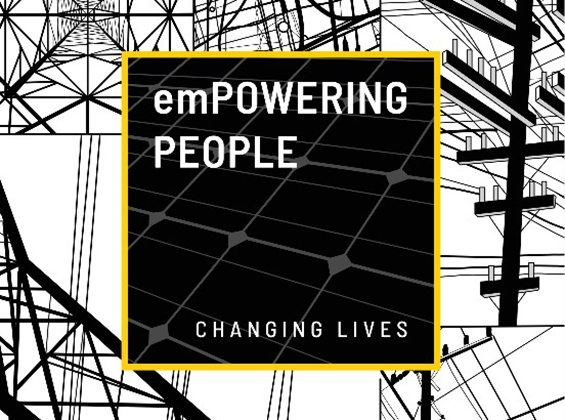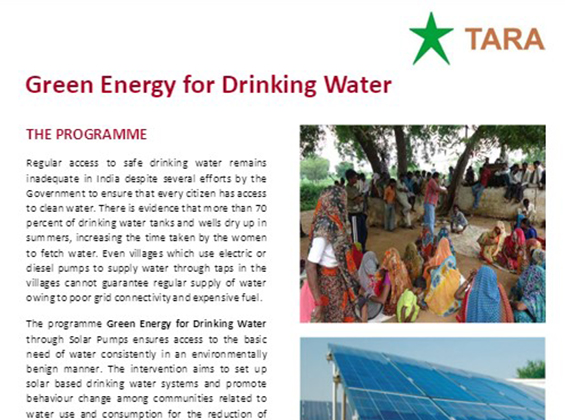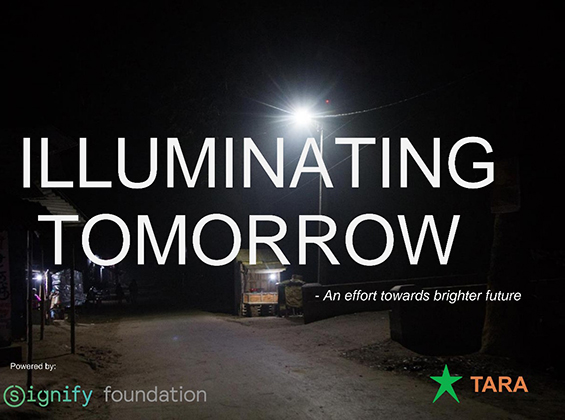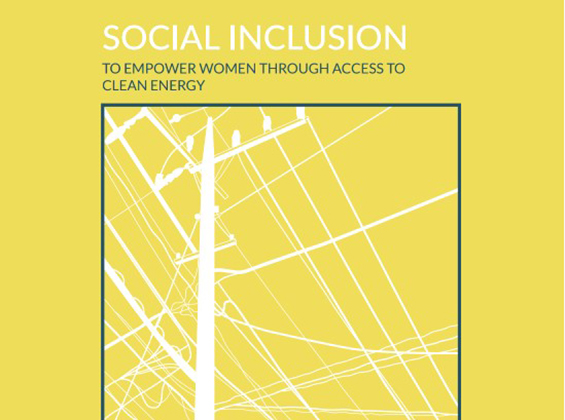emPowering rural communities through decentralised renewable energy systems to undergo a ‘green transition’ that is inclusive and more equitable

Green Energy
India has made significant progress in renewable energy, ranking fourth in the world with a total installed capacity of 168.96 GW. However, the rooftop solar sector has largely remained untapped, with only 13.956 GW. Collaborative efforts are needed to bridge this gap, with the micro, small, and medium enterprise (MSME) sector presenting a significant opportunity. The MSME sector is one of the largest consumers of energy in India, with many using polluting diesel generators. The adoption of solar energy can help reduce fossil fuel demand and improve competitiveness, profitability, and sustainability. Despite the untapped market opportunity and a strong business case, rural MSMEs have been lagging in the energy transition. TARA is bridging the gap in the rooftop solar sector in India by promoting decentralised solar energy solutions for rural MSMEs.

Flagship Projects
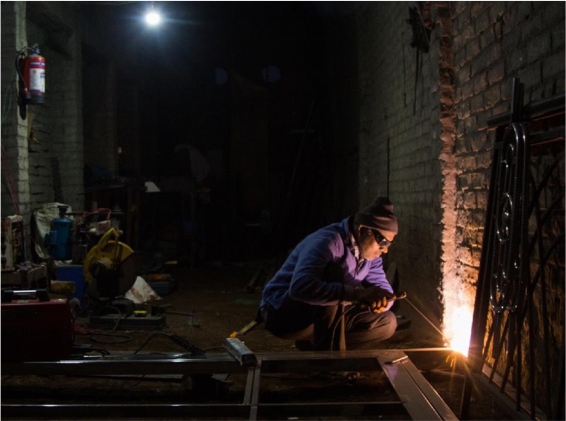
Smart Power for Rural Development
The Smart Power for Rural Development (SPRD) programme, funded by The Rockefeller Foundation, seeks to test the potential of business models that deliver electricity through decentralised micro grids in energy deficient regions. The potential of energy as an accelerator for economic growth model developed by Development Alternatives Group (DA) is unique in that it recognises the dual role of people in village communities – that of “producers” as well as “consumers”. It prioritises the use of electricity to put money “into people’s pocket”, cash that can be used to pay for not just lighting but improved nutrition, entertainment, healthcare and other needs. TARA's current focus on local economic development, social inclusion, basic need fulfilment and agri-resource centres has led to greater incomes, the creation of new jobs, new enterprises run by women and pure water being made available, in addition to thousands of homes being lit up through “Smart Power”.
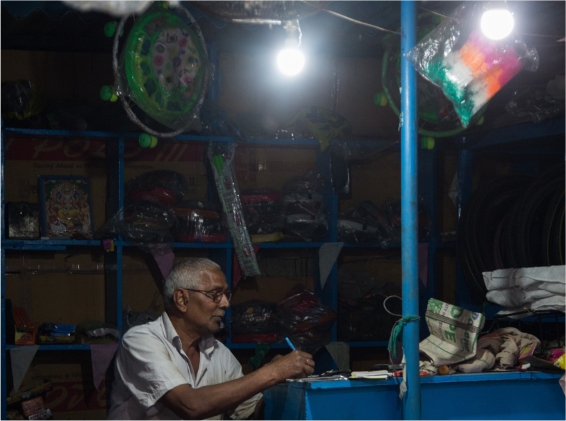
Supply of LED bulbs to rural beneficiaries
TARA has rich experience in demonstrating the use of energy as a catalyst for socio-economic change. Over the years, TARA has built its presence as an incubator of technologies and delivery systems for sustainable technologies. In order to provide high quality lighting technology to rural areas at reduced cost, TARA with support from Philips Foundation aims to distribute 100,000 LED bulbs and LED tube lights to customers at Energy Servicing Companies (ESCOs) sites. The intervention has been designed to bridge the gaps in access to high quality lighting solution to rural consumers. Till now the project has reached 80 sites across 6 ESCOs (TARAurja, HUSK, OMC, Mlinda, HCL Foundation and Claro) in Uttar Pradesh

